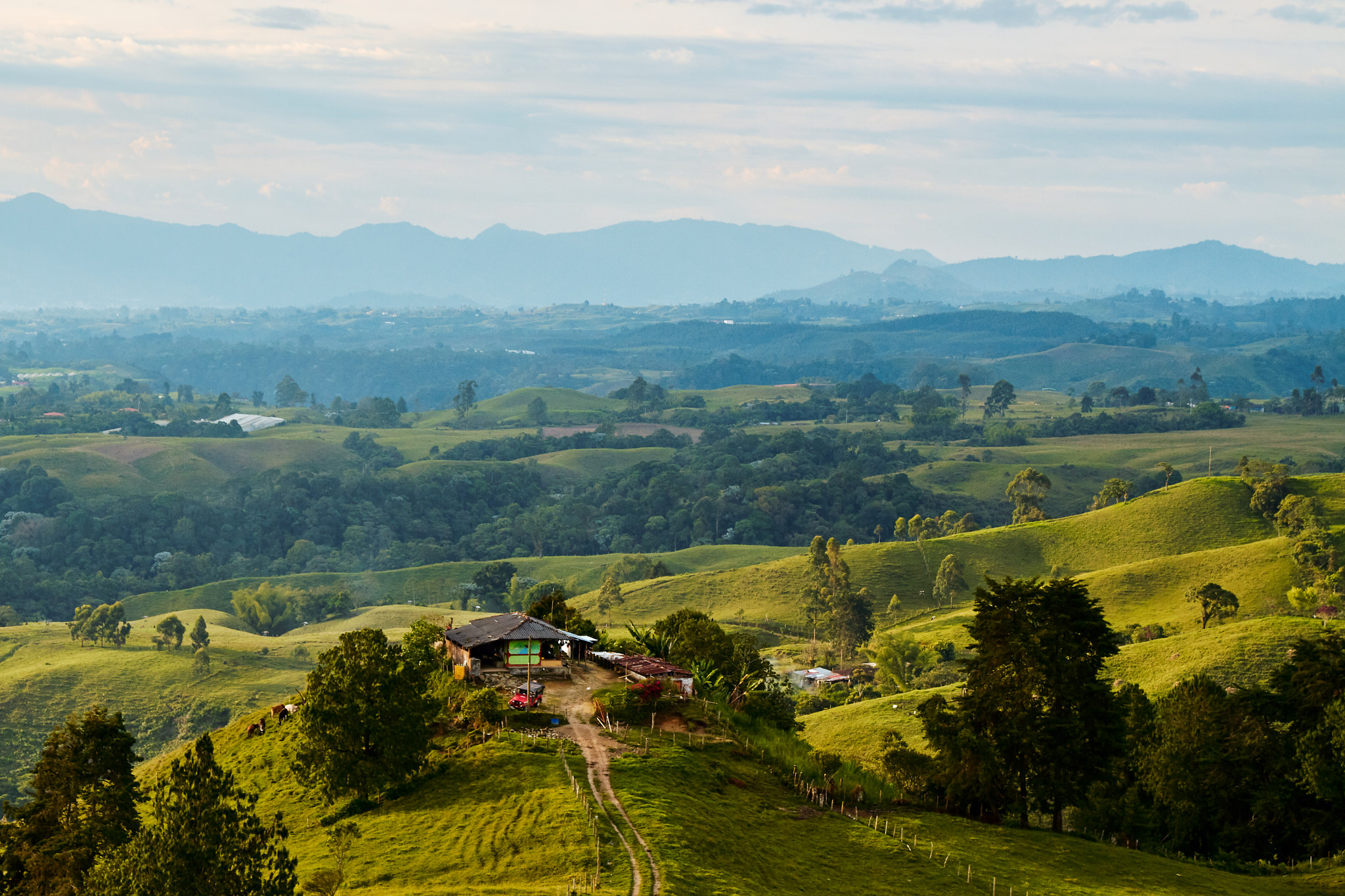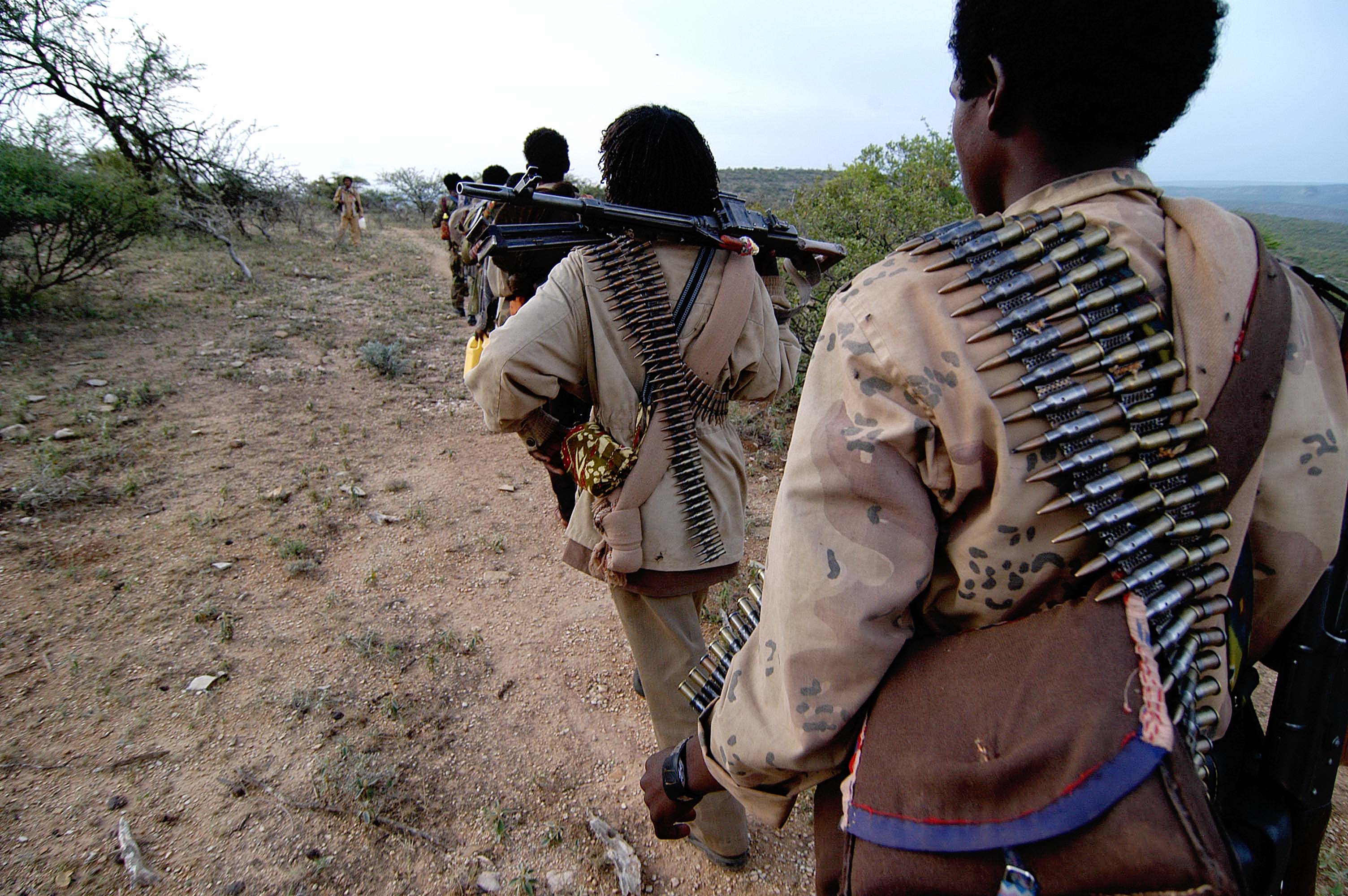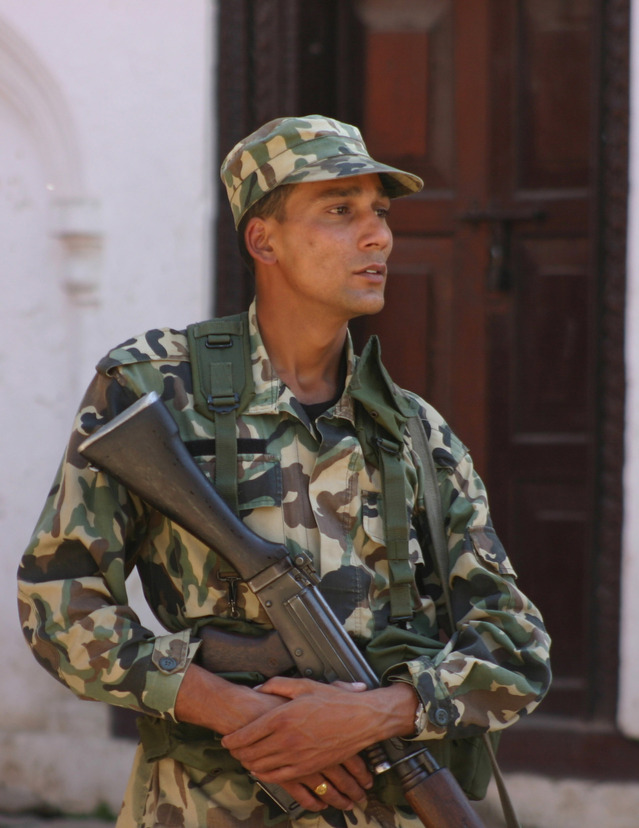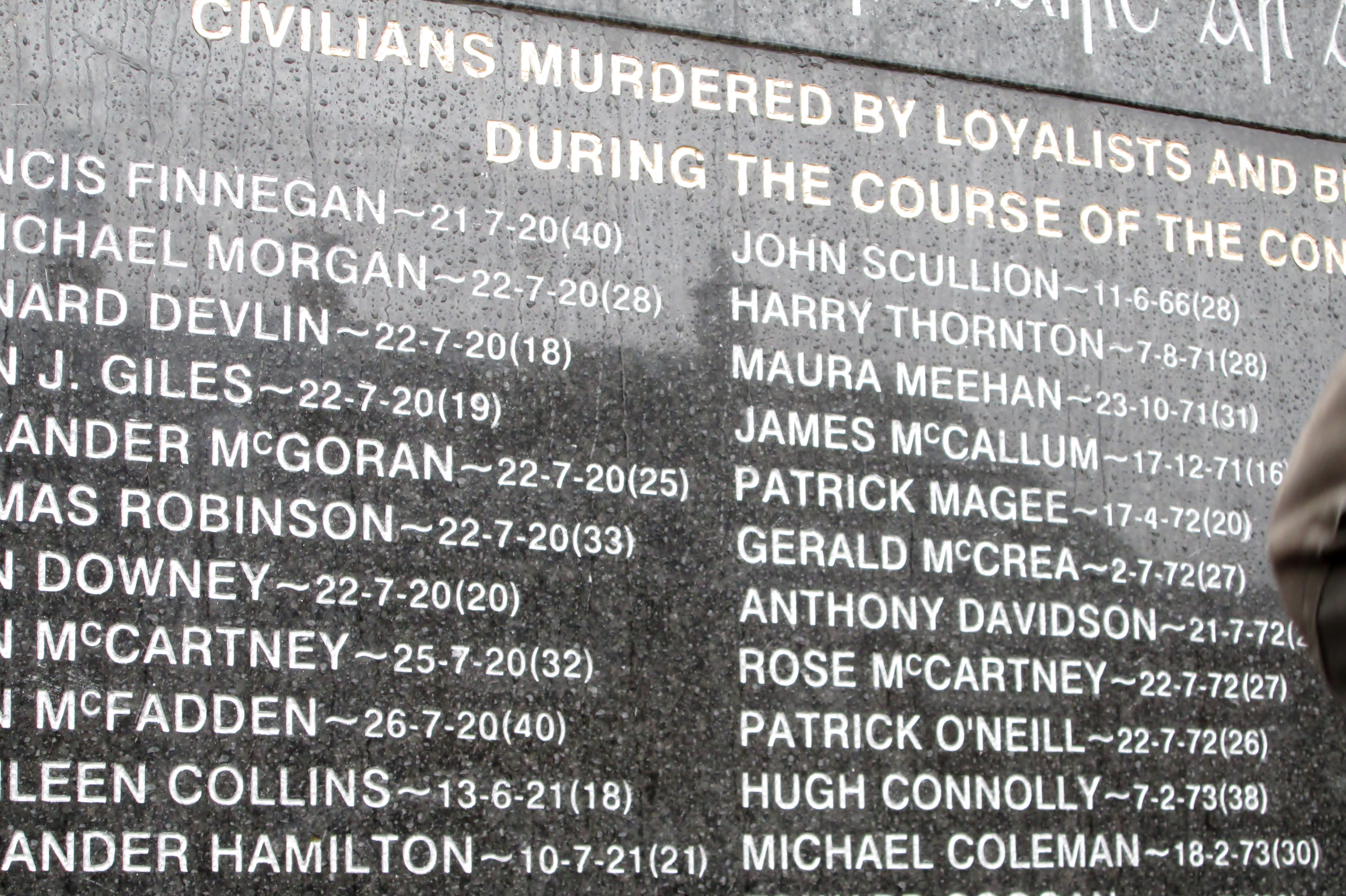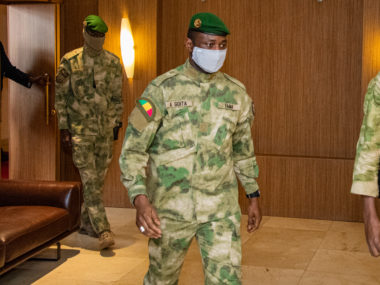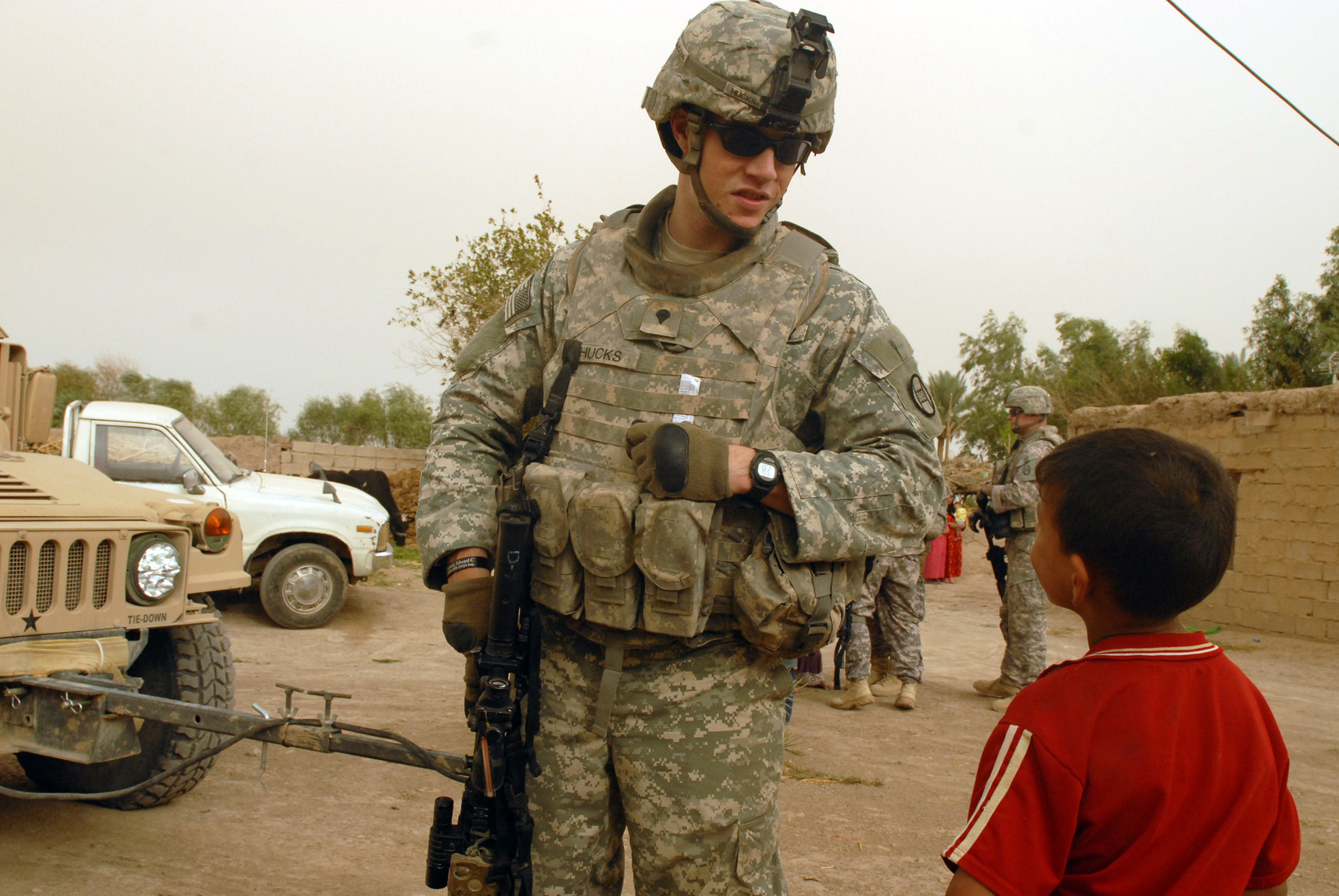Guest post by Catalina Vallejo and Emma Shaw Crane.
It is widely accepted that poverty and inequality are fundamental causes of armed conflict in Colombia. The laws intended to end war in Colombia include not only political measures to negotiate peace but also economic interventions to alleviate poverty. Yet state programs intended to lift victims and ex-combatants out of poverty fail to challenge the very systems that generate inequality and violence. This is, in part, because both reparations and reintegration programs seek to remake individual victims and ex-combatants into entrepreneurs, placing the burden of postconflict recovery on the individual.
The Peace and Justice Law (2005) and the Victims’ Law (2011) borrow from best practices in economic development, providing services ranging from cash reparation and monthly income subsidies to microcredit loans and seminars in small business entrepreneurship. The Victims’ Unit (VU) facilitates reparations to victims of the armed conflict, and the Agency for Reincorporation and Normalization (ARN) is responsible for the reintegration of individually demobilized former combatants from both guerrilla and paramilitary groups. Workshops run by the VU and the ARN teach victims and ex-combatants how to budget and run a small business, with an emphasis on what they term “productive projects” (see Figures 1 and 2 for examples of government brochures advertising economic projects). For example, last November women victims of sexual violence were welcomed to a reparations workshop in Bogotá by a video depicting a victim achieving financial stability by investing her economic reparations in a beauty salon. Ex-combatants are also expected to learn economic good sense: as one report put it, “From Demobilized Combatants to Business Owners with Future.”


The current focus of the Colombian state on small entrepreneurship is not enough—and it endorses the idea that the success of post-conflict recovery is the responsibility of those who suffered violence directly. Though economic support for individuals is a necessary component of post-conflict recovery, the narrow emphasis on “productive projects” suggests that the correct way to inhabit the postconflict is as a savvy entrepreneur. Furthermore, a focus on individual behavior and choices ignores research suggesting that the reintegration of ex-combatants relies not just on employment, but on welcoming and socially integrated receiving communities.
The case of Colombia indicates how the post-conflict—usually understood as a question of transitional justice—is also an economic project. But the post-conflict in Colombia must be more than an economic intervention that seeks to open the country for business, or remake victims and ex-combatants into entrepreneurs who know how to “properly” invest state assistance. True postconflict reconstruction must address underlying inequalities that perpetuate conflict.
A true end to conflict requires peace with social justice, as outlined in the ambitious peace accords between the government and the FARC in 2016. The accords call for the collective political and economic reincorporation of the FARC and the “structural transformation of rural areas” through comprehensive rural reform and participatory regional planning. They offer a vision of collective economic and structural change that addresses the roots of the armed conflict in Colombia: poverty and inequality. The accords have been ratified. Now they must be fulfilled.
Catalina Vallejo is a PhD candidate in the Department of Sociology at the University of Virginia. Her dissertation research investigates how the Colombian and Peruvian states value suffering and develop institutional channels to offer reparations to victims of human rights violations related to armed conflict. Emma Shaw Crane is a PhD candidate in American Studies in the Department of Social & Cultural Analysis at New York University. Her dissertation investigates programs of postconflict social repair in Bogotá and Miami, with a focus on the reintegration of combatants.

